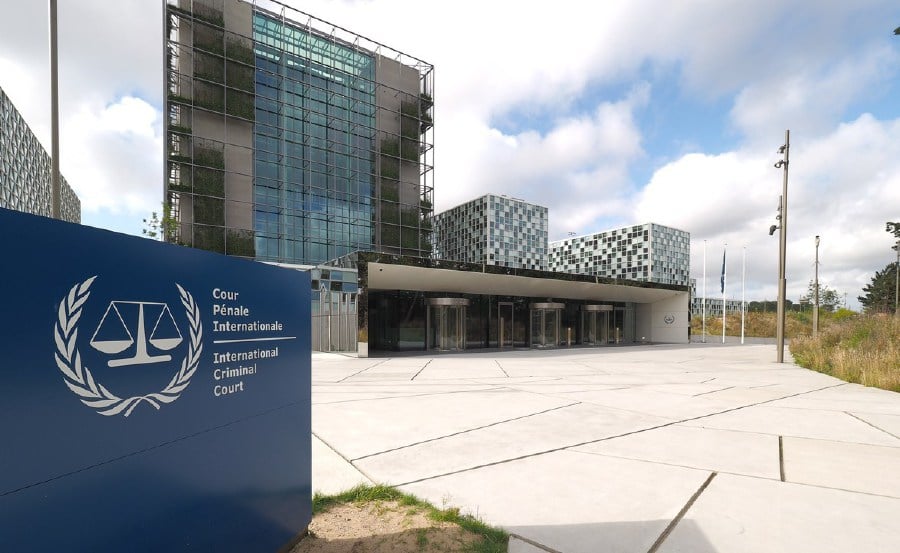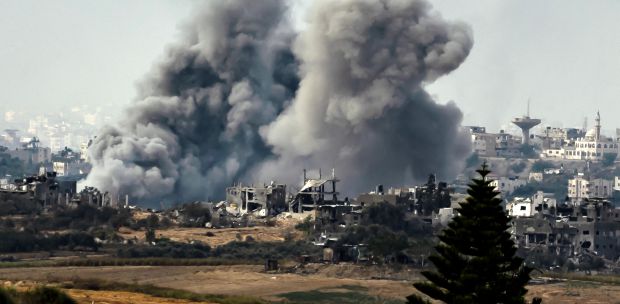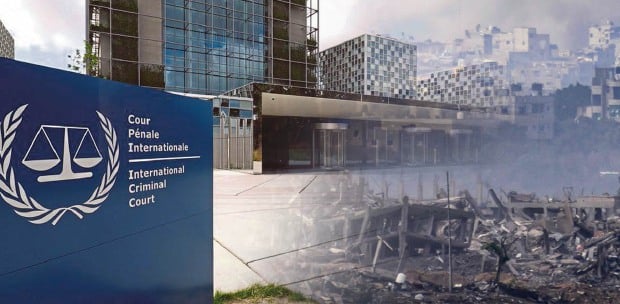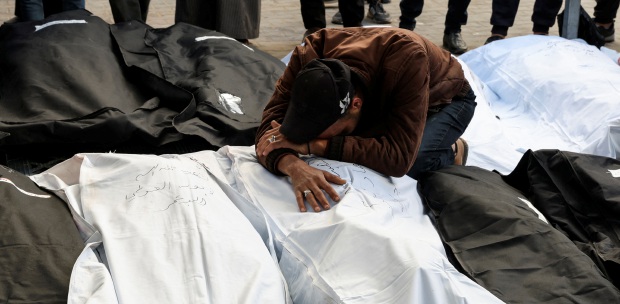SEPT 27 will go down in history as the day that marked the beginning of the end of the International Criminal Court (ICC).
For it was on that day that the ICC's newly appointed British chief prosecutor Karim Khan announced to the world that the court will no longer investigate war crimes allegedly committed by the United States forces in Afghanistan.
And by extension, war crimes allegedly committed by the US elsewhere. And by extension, too, war crimes allegedly committed by its allies. Instead, Khan wants to go after the Taliban. Why?
Limited resources, says Khan in his September statement. Unacceptable, we say. Unacceptable, not because the ICC is going after the Taliban. By all means go after war criminals whoever they are.
The fact that they are Americans, Europeans, Asians, Africans, Israelis or Arabs should make no difference. The ICC's message must be consistent: crime, no matter who commits it, does not pay.
To say that the ICC is short-handed to go after US war criminals is to tell them that their crime pays. This is a world of close to eight billion people. It is teeming with international criminal lawyers, especially the millennials, who are ready, able and willing to see justice done the world over.
Countries will be only too willing to volunteer lawyers as they do soldiers to the UN forces.
The truth is that the ICC has no track record in holding the powerful states to account since its establishment in July 2002. Arnaud Mafille, the director of education and training for CAGE, a UK-based organisation that advocates for due process, the rule of law and conflict resolution in the War on Terror, has the numbers.
Writing an op-ed in the Middle East Eye, a regional news portal, he lets the numbers say it all: "The ICC has 30 open cases, seven defendants in its custody and four convictions thus far. All originate from the African continent. Yet, the ICC cannot hold accountable powerful Western nations for an estimated 900,000 killed in the Muslim world as a result of post-2001 wars."
Small wonder, many non-Western countries see the ICC as a European neo-colonial enterprise. The ICC has an image problem, but public relations whitewashing alone wouldn't do.
As Khan the lawyer knows only too well, getting justice done isn't just in the doing of it. People must see justice being done. On both counts, the ICC is assessed as having failed the non-Western countries.
The ICC can't blame them for giving it a low grade. Nor for thinking that the court is being used by the West as a political tool. There is a way out of this premature demise of the ICC though.
Khan must finish what his predecessor Fatou Bensouda had so bravely begun. In March 2020, the appeal chamber of the ICC, for the first time ever, allowed Bensouda to begin investigations into allegations of crimes against humanity and war crimes believed to be carried out by US forces.
The world only knows too well how this infuriated then president Donald Trump and how Washington trampled on the ICC. Bensouda didn't stop there. Israel was quite rightly her next target. The ICC, she said, was opening investigations into Israel.
Again, American rage and fury. And British wrath, too. Bensouda had the courage. So must Khan. Justice requires it. Only then will justice without fear or favour make sense.





